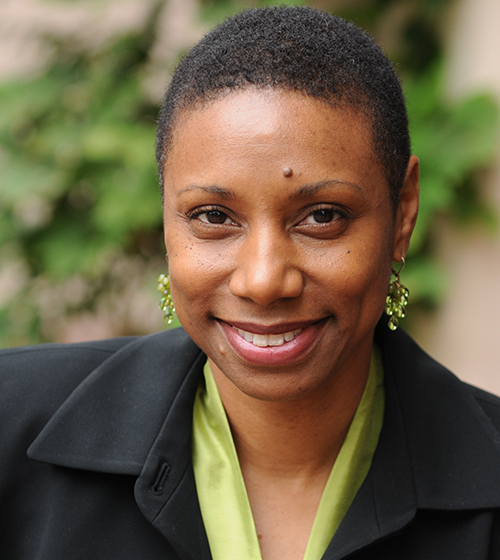Distinguished Lecture | Alumni | ECE Willie Hobbs Moore Distinguished Alumni Lecture
How Microwaves Launched and Enabled My Academic and Research Career
Add to Google Calendar

Prof. Franklin is the second ECE Willie Hobbs Moore Distinguished Lecturer.
Abstract: Who knew that applied electromagnetics — one of the oldest fundamental topics in electrical engineering — when combined with advanced fabrication methods could change the world? Its use in microwave and millimeter-wave applications has empowered human communications, provided remote imaging capability of the earth, enabled vision through walls, objects, and people, allowed motion detection of objects and provides energy for charging devices wirelessly. It also created an extremely interesting research and academic life for me.
This talk will highlight my research in developing building blocks for advanced microwave biomedical diagnostics related to sensing and nanomedicine, work influenced by my earlier research on advancing communications system technology. It will also discuss our exciting work on antennas systems and characterization methods for novel materials like magnetic nanowire technology. It will share how current work was inspired by my PhD work, which in turn has influenced and enabled the careers of new researchers (my students). Finally, it will end with a short story about my career path from Michigan to Full Professor at the University of Minnesota in the Department of Electrical and Computer Engineering.
Rhonda Franklin is a Professor of Electrical and Computer Engineering at the University of Minnesota, Twin Cities. She teaches applied electromagnetics and her research focuses on developing design techniques for high speed electronic integrated circuit integration, integrated packaging, miniaturization, and novel material characterization for RF applications in communication systems and bio/nano-medicine. She has co-authored over 75 refereed conferences and journals papers. In 1996, after completing her MS and PhD degrees at Michigan, she joined the faculty at the University of Illinois at Chicago as an assistant professor. In 1998, she joined Minnesota in the same role. She is a 1999 NSF Presidential Early Career Award for Scientists and Engineers (PECASE) awardee, and was invited to participate in the National Academy of Engineering – Frontiers of Engineering programs in the US (1999) and Germany (2003, 2006). She is an active member of the IEEE Microwave Theory and Techniques Society in microwave education, conference planning and technical sessions.
___________________________________________________________
The ECE Willie Hobbs Moore Alumni
Lecture is given by ECE alumni from
traditionally underrepresented groups in
Electrical and Computer Engineering who
are leaders in their field and serve as role
models for the ECE community through
their leadership, impact on society, service
to the community, or other contributions.
Willie Hobbs Moore (1934″“1994) was the first African American
woman at Michigan to earn a BS and MS in Electrical Engineering
(“58 and “61), and the first African American woman in the country
to earn a PhD in physics in 1972. She joined Ford Motor Company
in 1977, where she was known for expanding the use of Japanese
engineering and manufacturing methods. She was named one of the
100 “most promising black women in corporate America” by Ebony
magazine in 1991.
 MENU
MENU 
